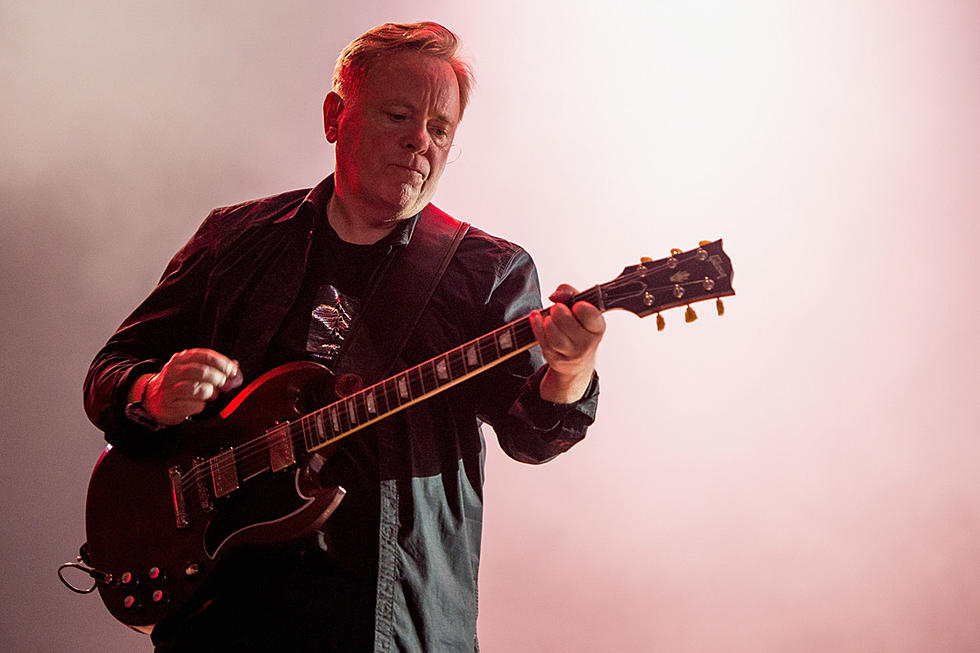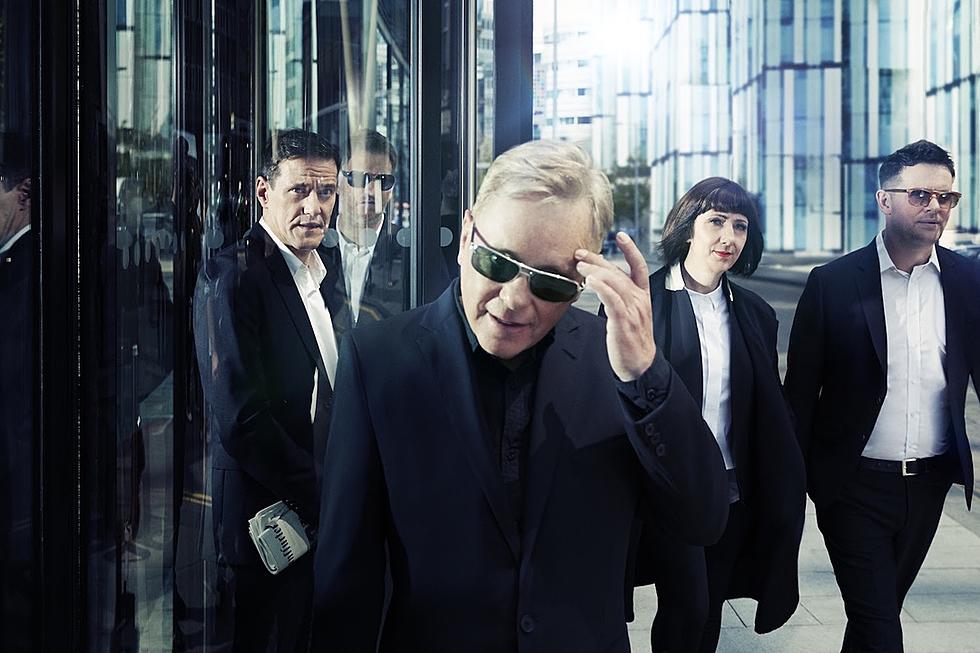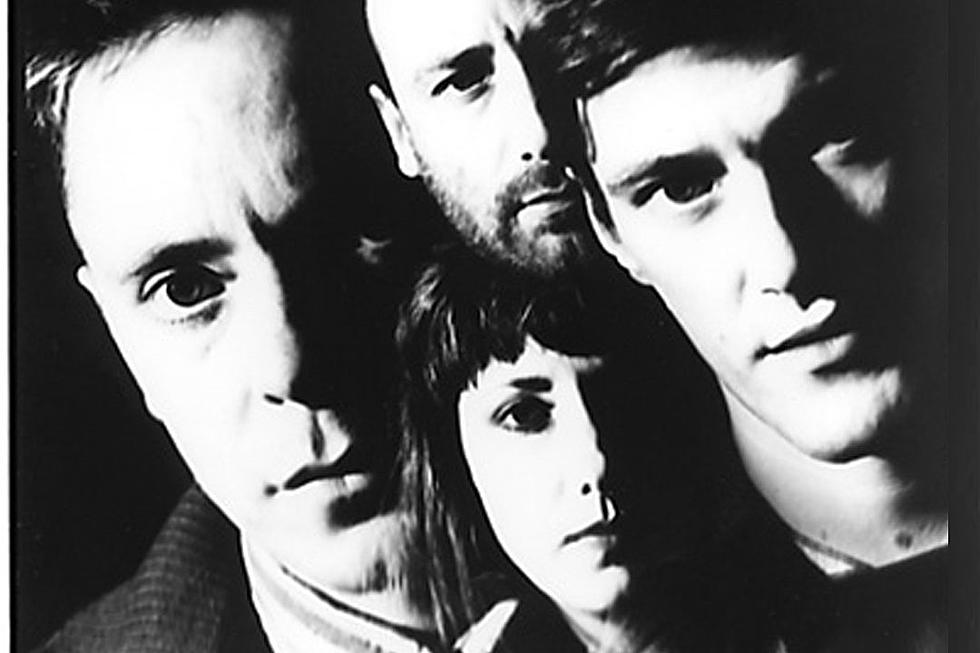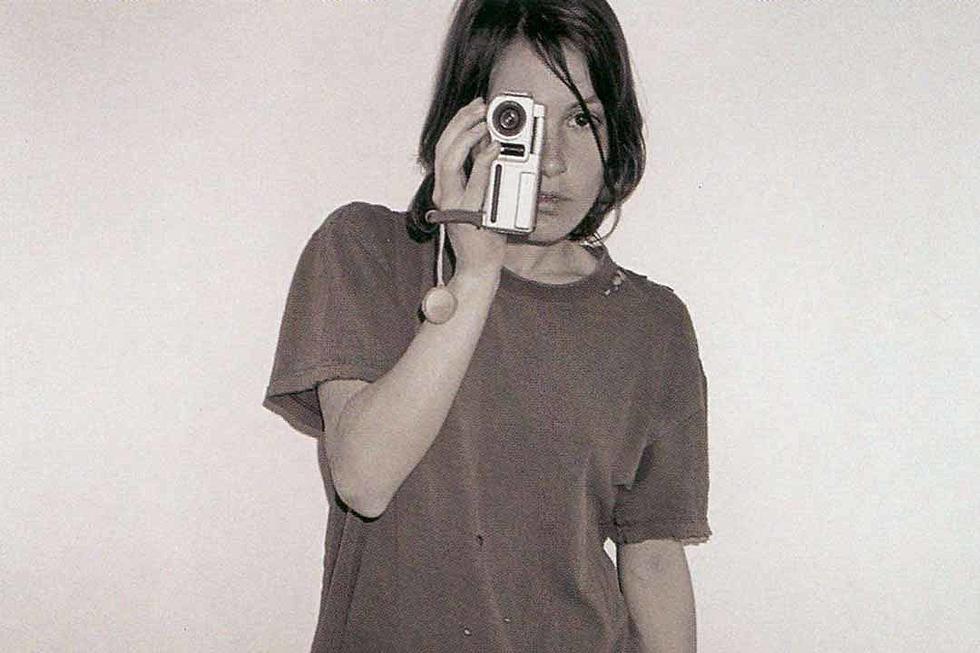
New Order Albums Ranked in Order of Awesomeness
New Order has a storied history to say the least, with a few distinct phases to their sound. We've ranked all their albums in order of awesomeness below.
Its foundations are built on the fact that none of its members wanted the group to exist in the first place. Drummer Stephen Morris, bassist Peter Hook and especially guitarist-nominated-vocalist Bernard Sumner would’ve been perfectly content to carry on as post-punk standouts Joy Division. That dream ended in the spring of 1980 when the Manchester outfit’s singer Ian Curtis died by suicide on the eve of their inaugural North American tour.
Left dazed by their leader’s unforeseen demise, the trio forged on, adopting the name New Order – shortened from “The New Order of Kampuchean Rebels” – and initially were the sonic equivalent of a newborn calf. Inspired by the burgeoning club scene in the U.S., particularly New York City, where they finally got to visit in the fall of 1980. Enlisting Gillian Gilbert, then-girlfriend of Morris (now wife), to assist on guitar and keys, they opted to give it a go.
Unsteady and hesitant, it was easy enough to fall back on what was familiar, constructing songs that wouldn’t sound out of place with Curtis on vocals. Sumner, as did Hook on a pair of tracks, tried honorably to replicate their prior singer’s forlorn mannerisms on the debut Movement in 1981. “Dreams Never End” was a bold title for the lead-off song, while “Denial” seemed to fit as the end track.
Morale, popularity and determination all came to the forefront on the sophomore effort, Power, Corruption & Lies, proving they weren't simply leftover talent from Joy Division. They incorporated innovative elements which would help shape not only what was heard on radio, but also the music people gravitated towards in clubs worldwide. The evolution of the group was stunning, setting the bar for the acts who would follow not as the flavor of the day, but those who had any ambitions of longevity. New Order showed how to adjust and subsequently own the trends – never becoming beholden to them.
Over the decades, the synthpop legends have often incorporated more guitar into their sound, broken up and reunited a few times and weathered through the 2007 departure of Hook to remain relevant and confirm their stature as one of the most influential bands of their genre. Read below to see how we rate these stages of their career.
More From Diffuser.fm









